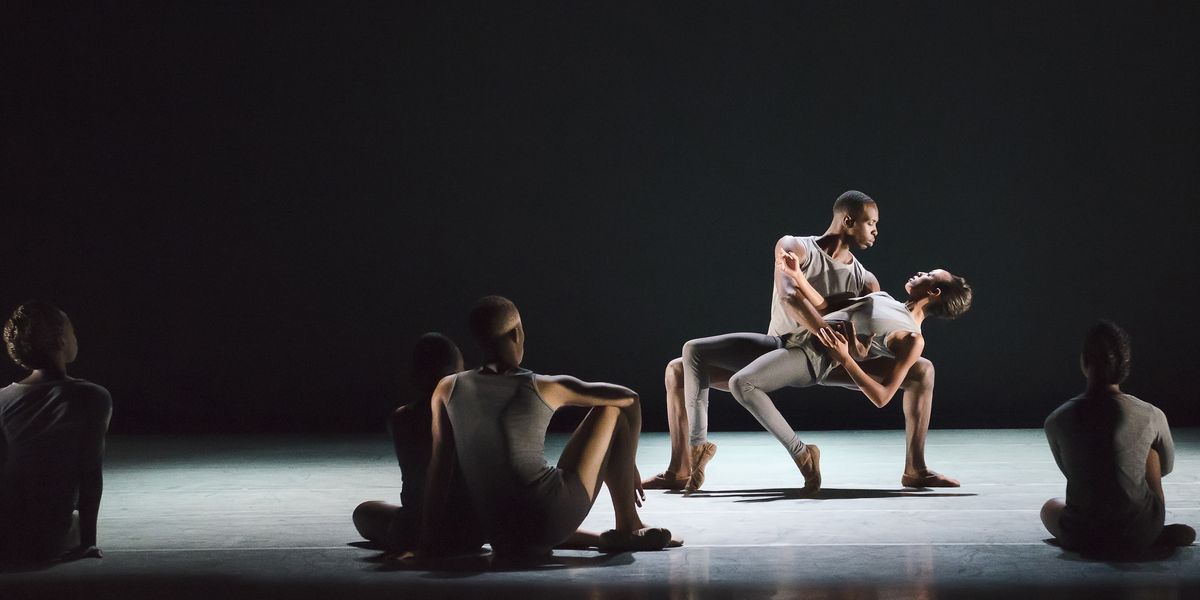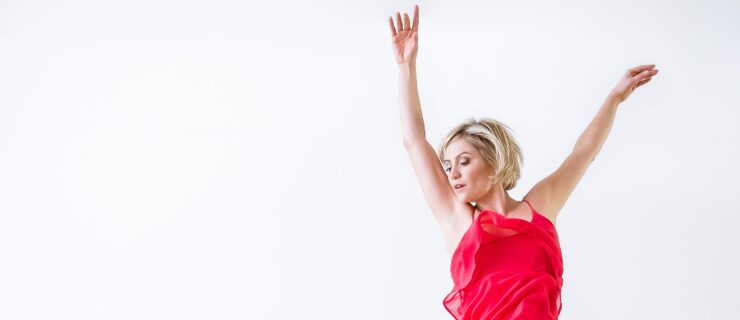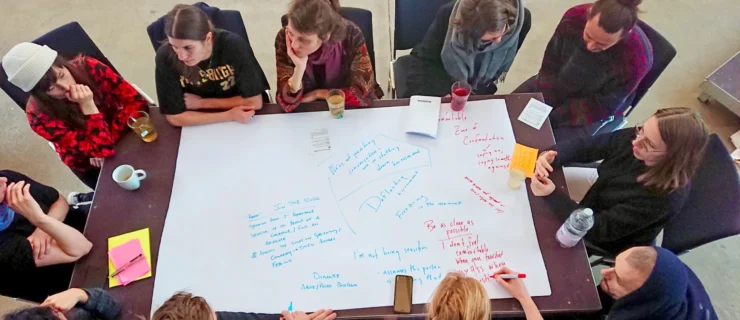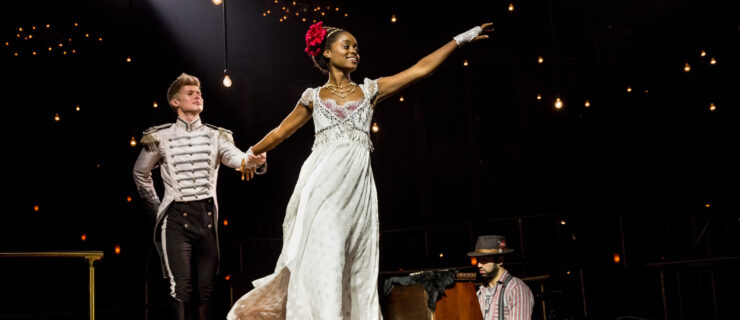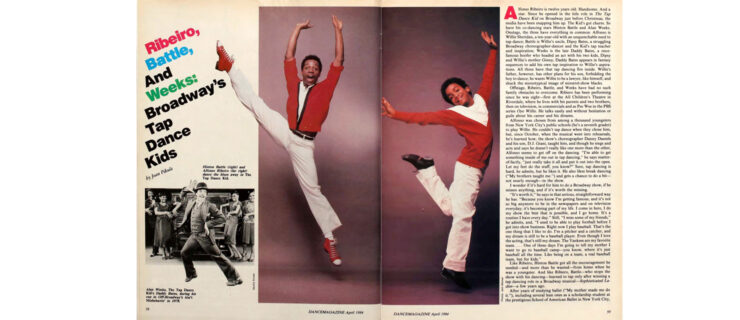5 Pros on Their Summer Intensive Regrets
Attending the right summer intensive at the right time can be life-changing—and potentially career-launching. But it’s up to you to make the most of the experience. From building your technique to trying new styles to expanding your network, getting everything you want from an intensive takes focus and planning. Strategize for success with these tips from five professional dancers looking back on what they wish they’d done differently during their own summer study years.
Starting Too Late
Chelsea Dumas, Charlotte Ballet
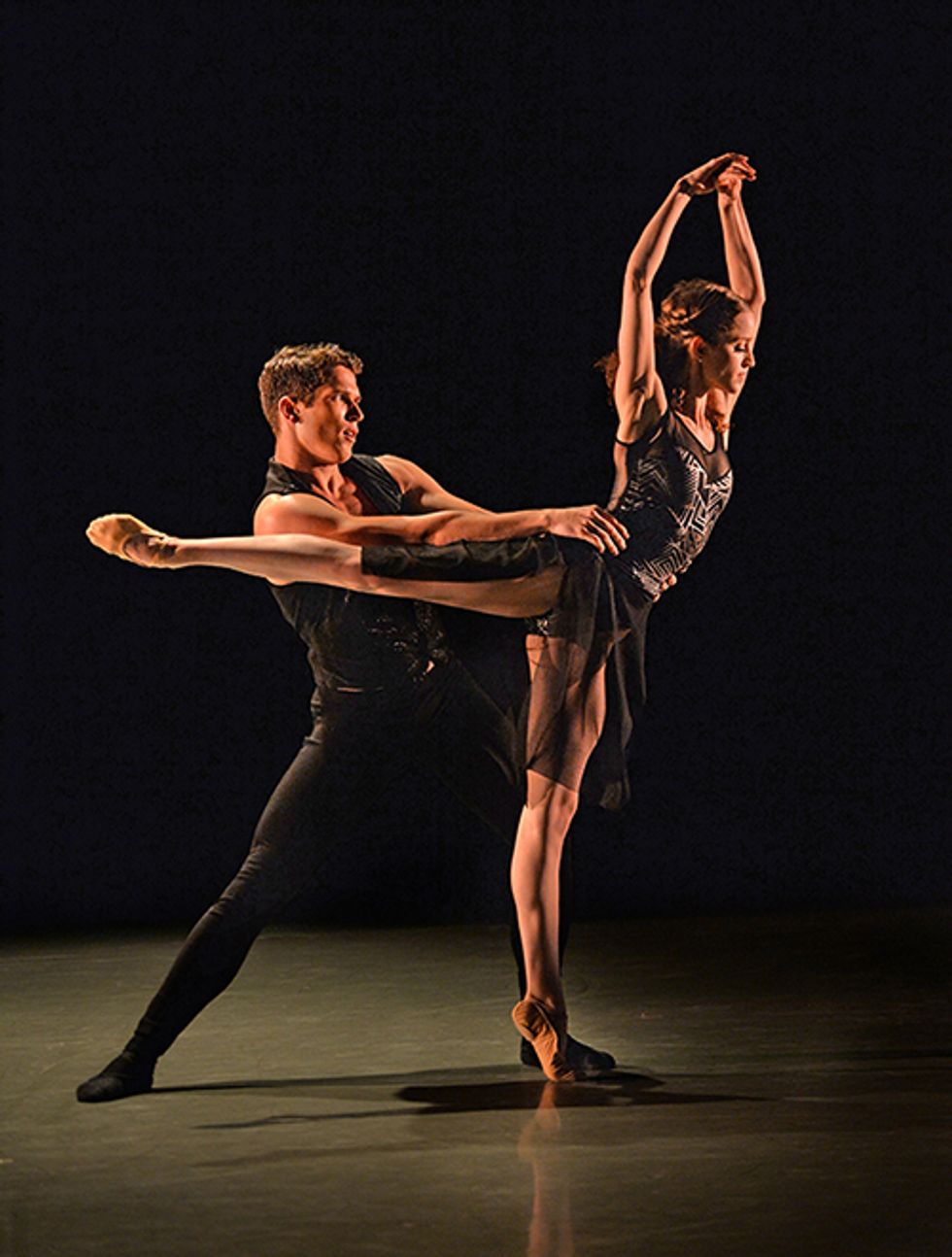
Peter Zay, Courtesy Charlotte Ballet
I didn’t attend my first summer intensive until I was 17. Instead, I took classes at my home studio and went to competitions and conventions. Finally, my teacher sat me down and said, “If you want to make a career out of this, you have to start training more seriously.” I auditioned for the School of American Ballet’s summer intensive on a whim, but once I was in New York, everything changed. Being around the New York City Ballet dancers was so inspiring. I saw what it was truly like to be a professional, and it fueled my passion. I’m grateful I grew up as a competition dancer because it made me extremely versatile, but I wish I’d immersed myself in the serious ballet world a few years earlier.
Not Doing Research
Lloyd A. Boyd III, Ailey II
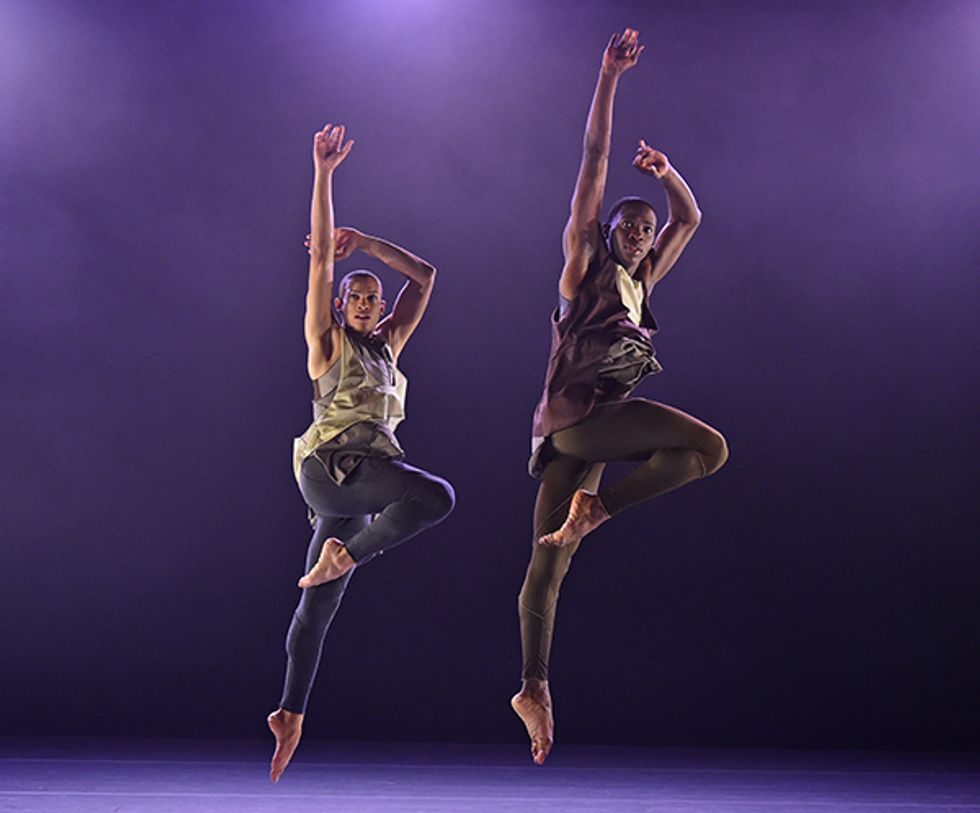
Eduardo Patino, Courtesy Ailey
Although I attended several amazing intensives, I regret not taking full advantage of everything that’s out there. I picked programs because I had a personal connection there; I didn’t do a lot of outside research. For instance, I chose Perry-Mansfield Performing Arts School and Camp’s dance program solely because a friend had gone and had a great time. I wouldn’t change the places I studied—but I could have done more. I had friends who did multiple intensives each summer. I could have benefited from trying new techniques; I’ve never studied Graham, or tried Alonzo King’s movement. Every program offers a chance to network and meet different people. If I’d been exposed to more, I might’ve had a broader spectrum to choose from when planning for college and my career.
Overthinking It
Alicia Delgadillo, Hubbard Street Dance Chicago
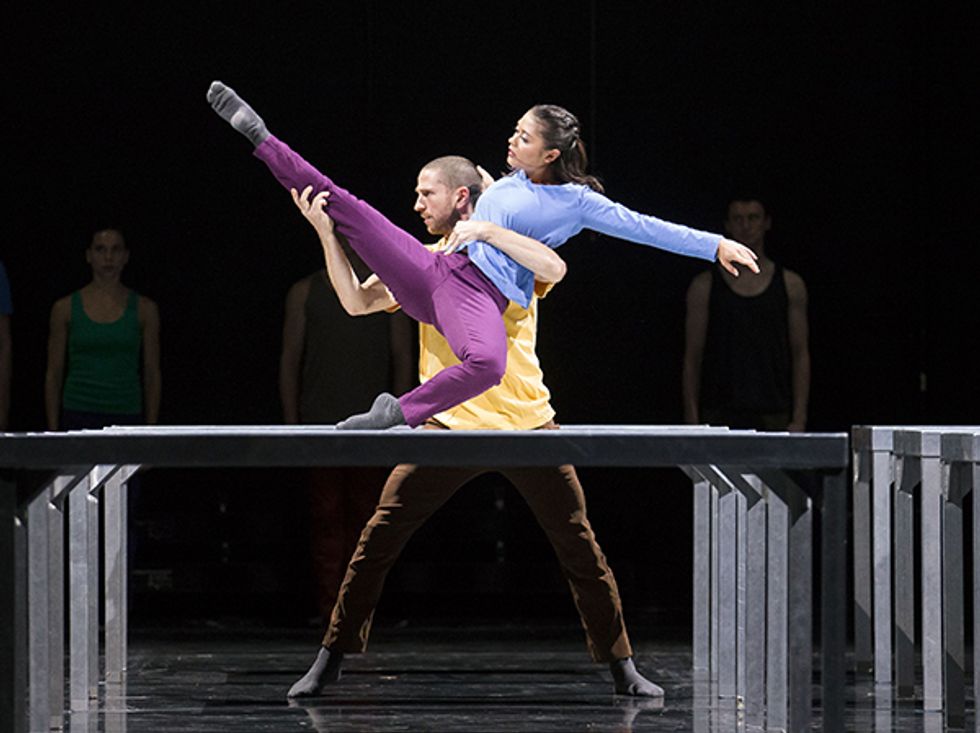
Todd Rosenberg, Courtesy Hubbard Street
After doing a few other intensives, I spent four summers at Hubbard Street. I fell in love with the company’s culture, repertory and teachers, as well as the city. But during my third year there, I started to focus heavily on getting into Hubbard Street 2; at least one person was hired or taken on as an apprentice every summer. Soon, I was overthinking, trying too hard—always conscious of who was watching and the reactions they were having. The next year, I made myself let go of that pressure. Once I relaxed, that’s when it happened! My advice is to focus on improving your technique and artistry, and learning from new people—not landing the job.
Resisting New Styles
Cecilia Iliesiu, Pacific Northwest Ballet
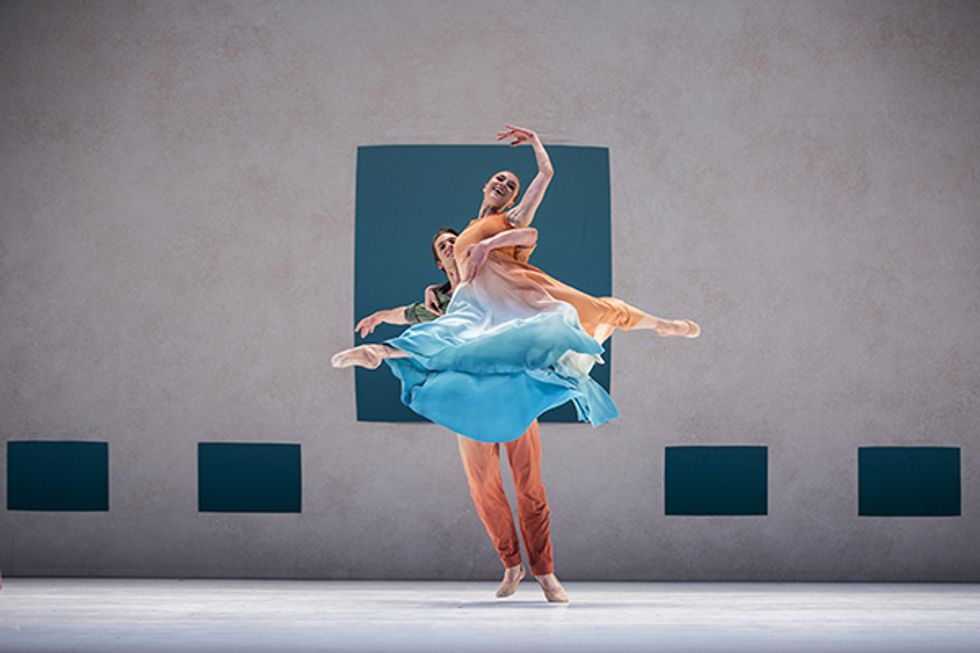
Angela Sterling, Courtesy PNB
I always attended every summer intensive class, but I regret not being fully present when we did contemporary styles. I was so focused on ballet! One year, I even asked to trade a hip-hop class for an additional pointe class. I didn’t realize that tutus and pointe shoes are often only half of a professional ballet career; the other half tends to be contemporary work. I wish I’d been more courageous with different styles as a student. If you’re really invested in your art form, you need to explore beyond where you’re comfortable.
Staying In A Bubble
Kate Coleman, L.A. Contemporary Dance Company
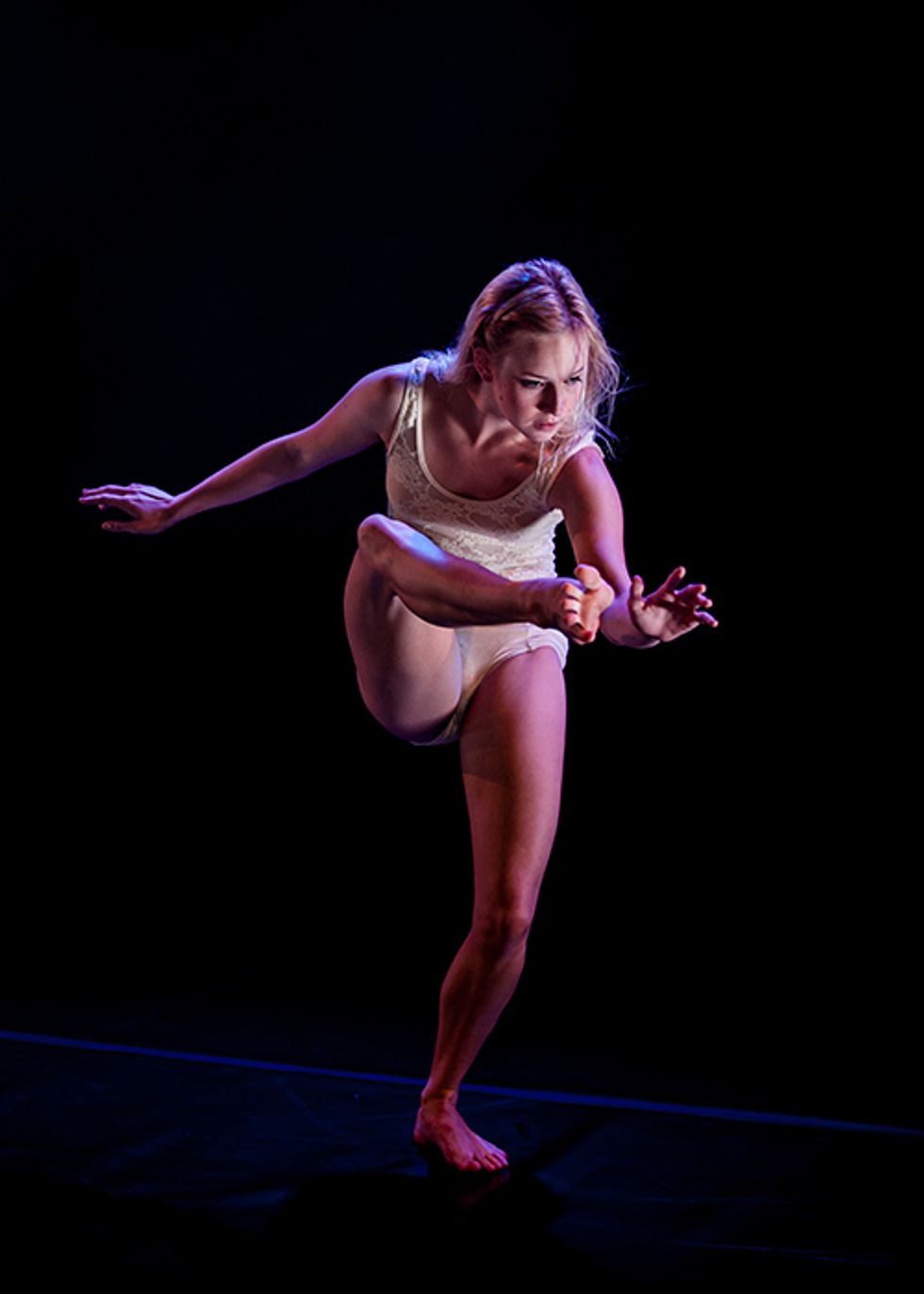
Taso Papadakis, Courtesy LACDC
Growing up in the Chicago suburbs, summer programs were very accessible. I did intensives at Ruth Page Center for the Arts, River North Dance Chicago, Hubbard Street and other local studios. There was always something I hadn’t tried yet—and it was nice not to have to pay for housing. But after I came to the American Musical and Dramatic Academy in Los Angeles for college and spent a semester in New York City, I realized that I’d been in a Chicago bubble. My dancing grew as I discovered what other cities had to offer. I found myself more open to new styles of contemporary, versus the contemporary jazz I grew up doing. This helped me find my own voice within a choreographer’s movement. I also learned that there’s no definite line between the concert-dance world and the commercial-dance world. I grew up with my heart set on dancing with a company, not realizing I could do concert and commercial work simultaneously. Summer study could have opened my eyes much sooner.
